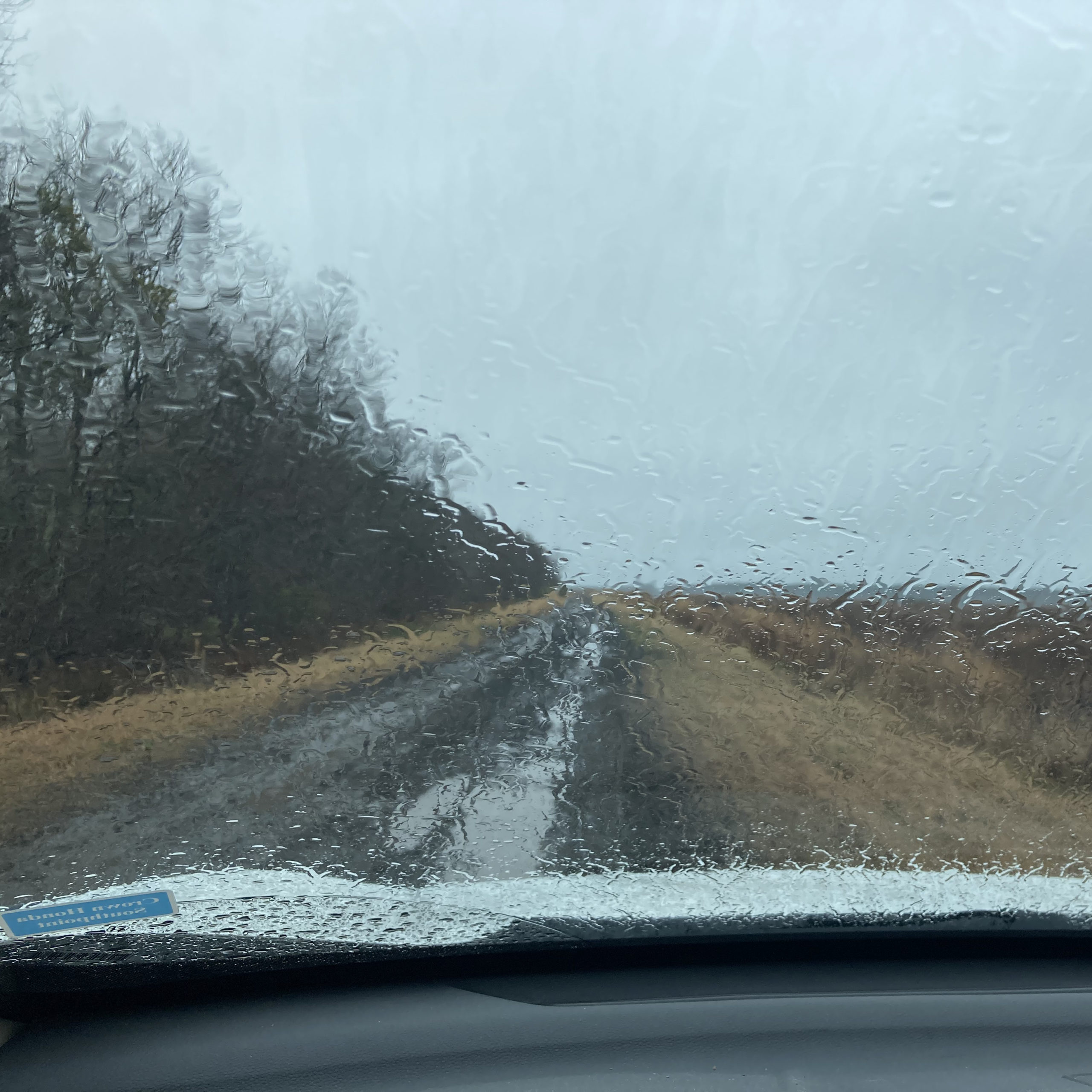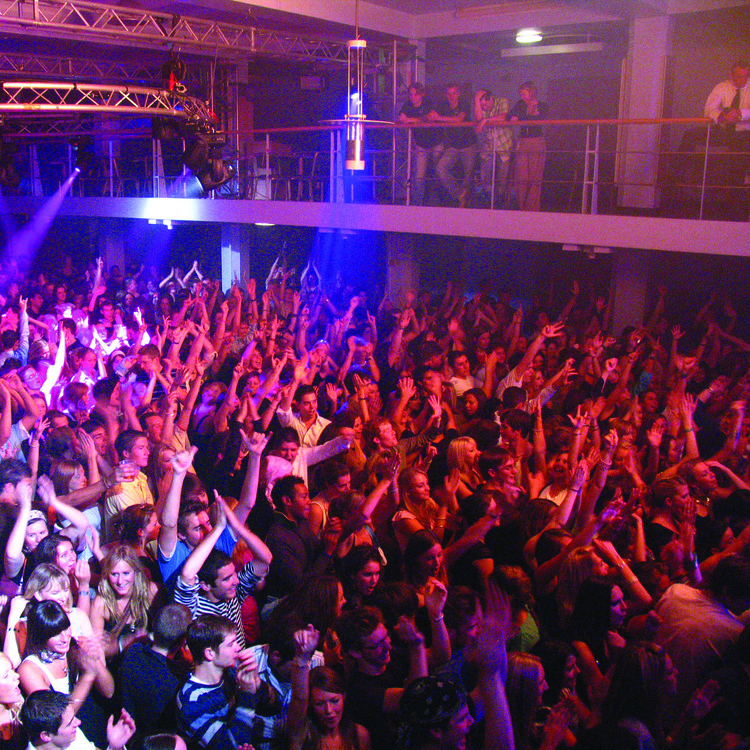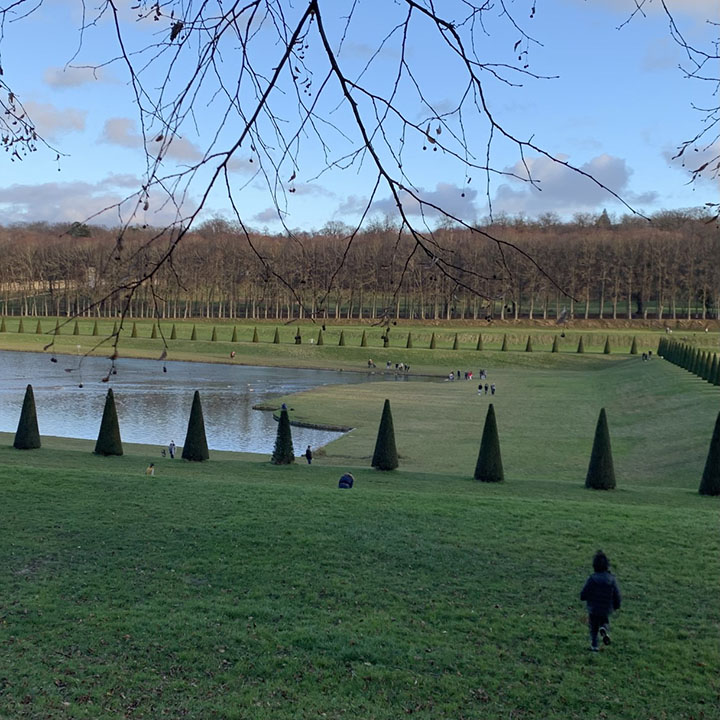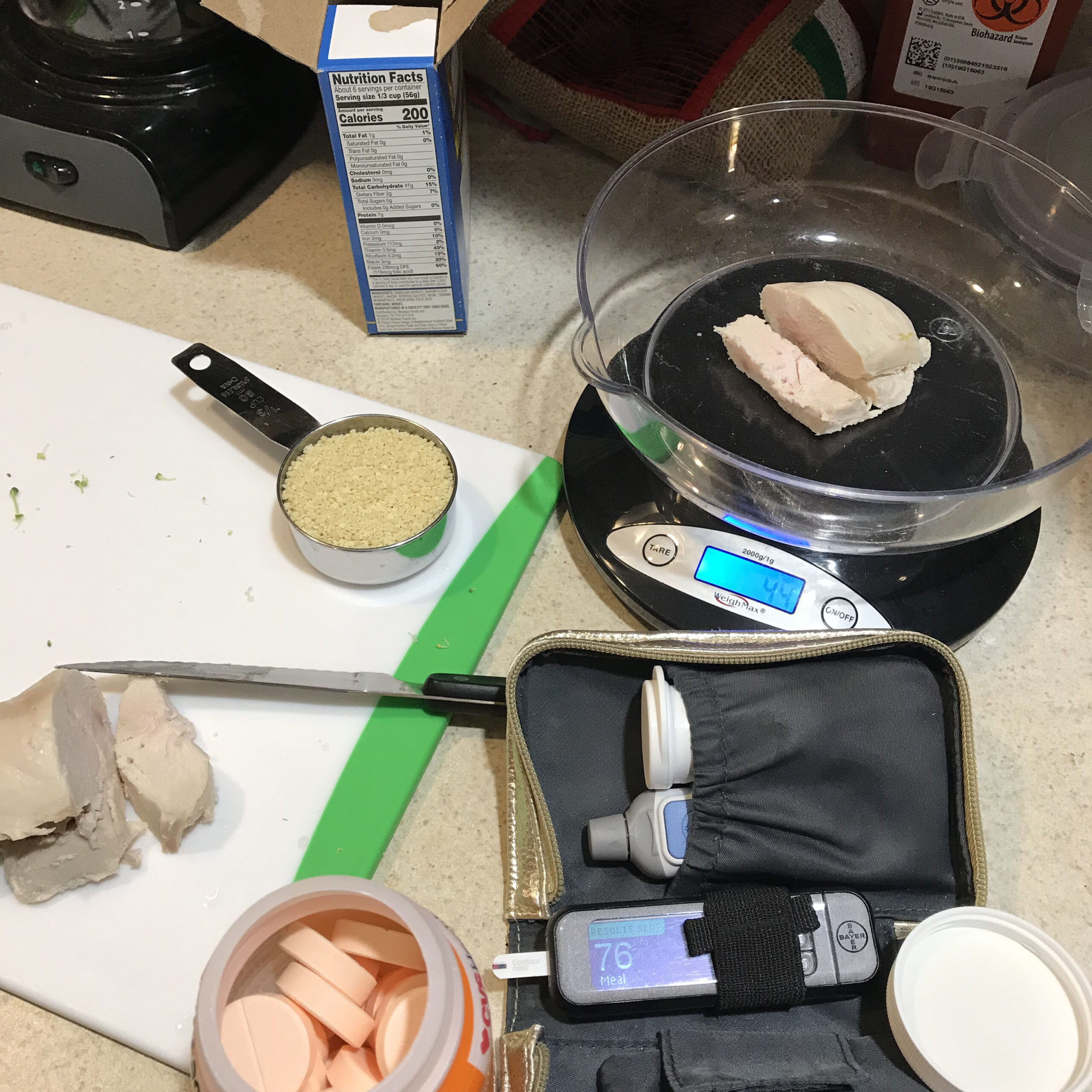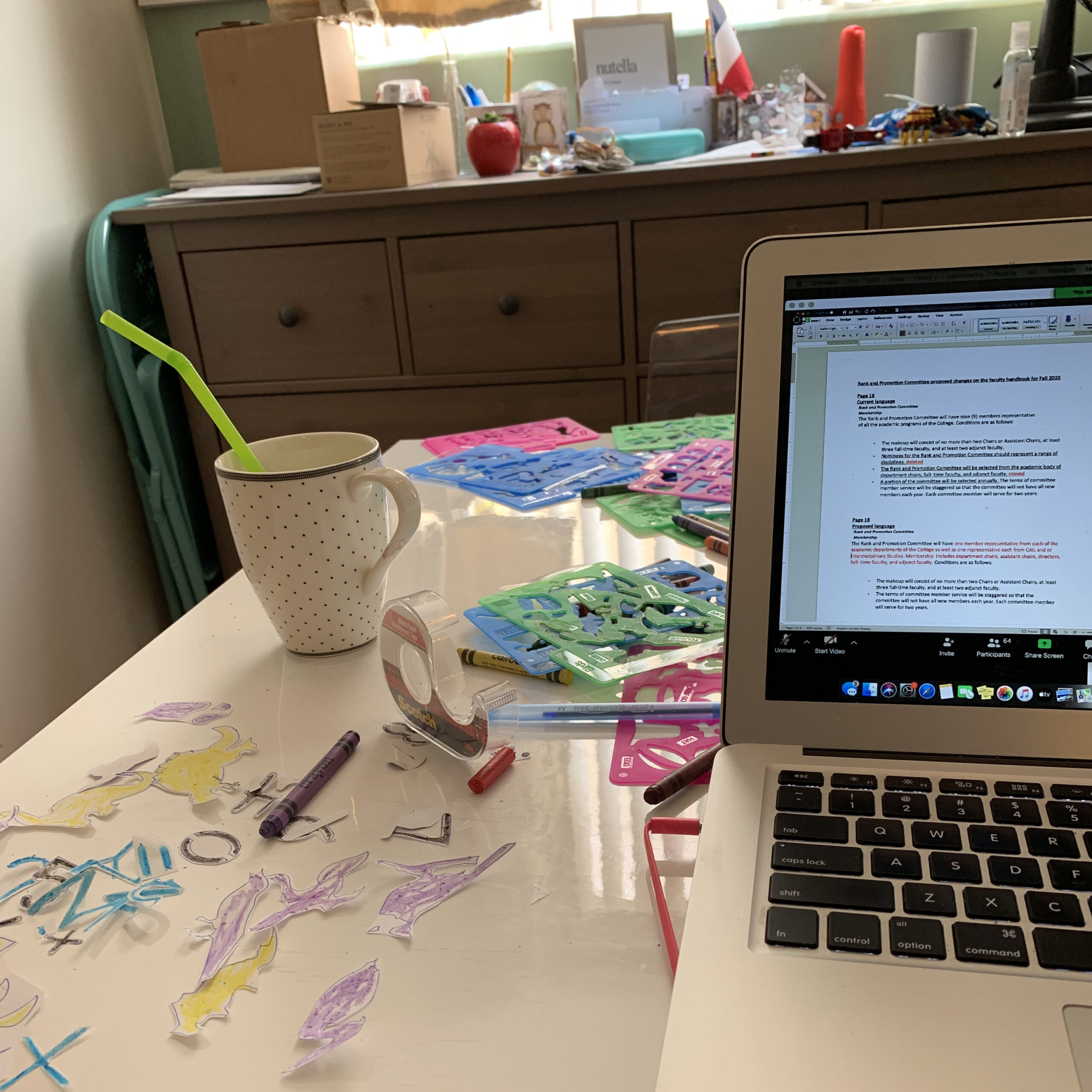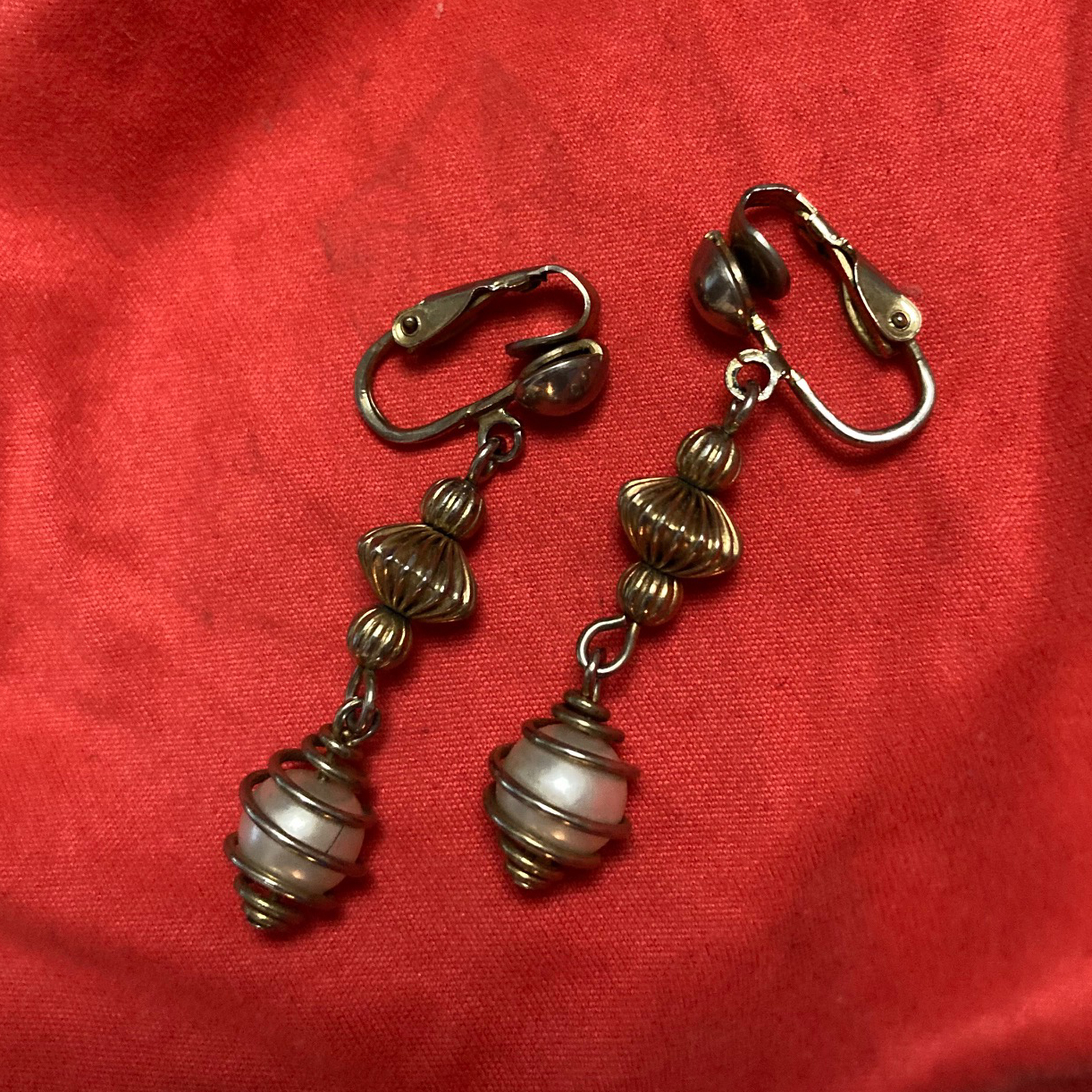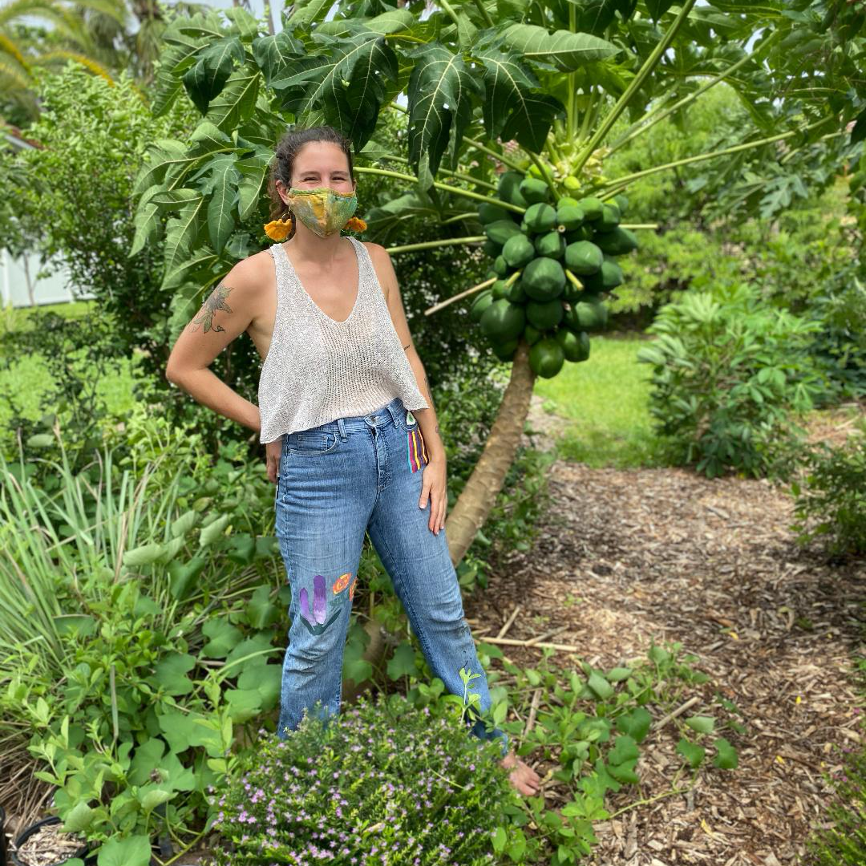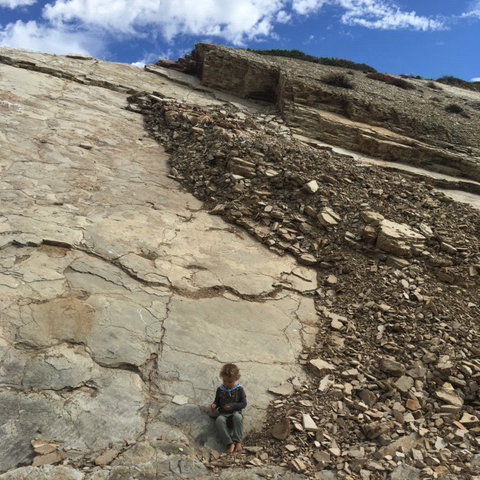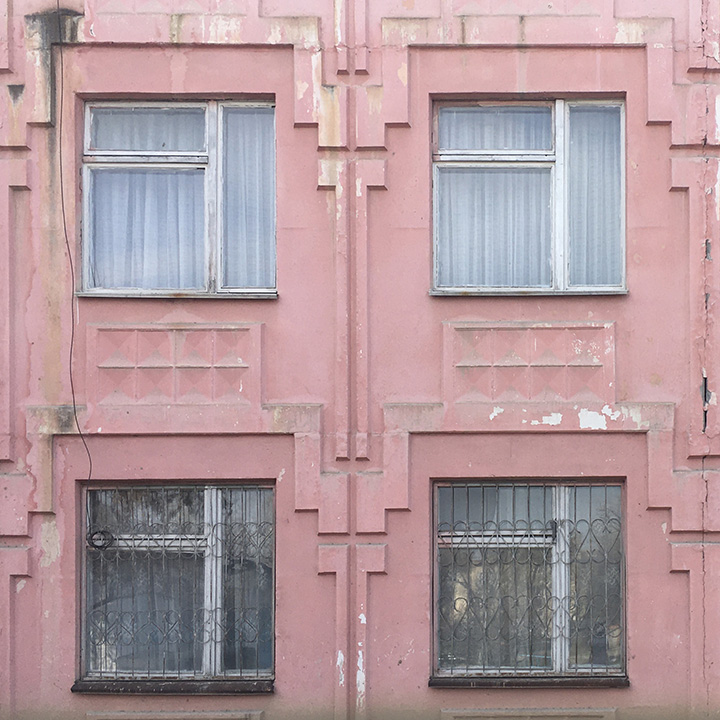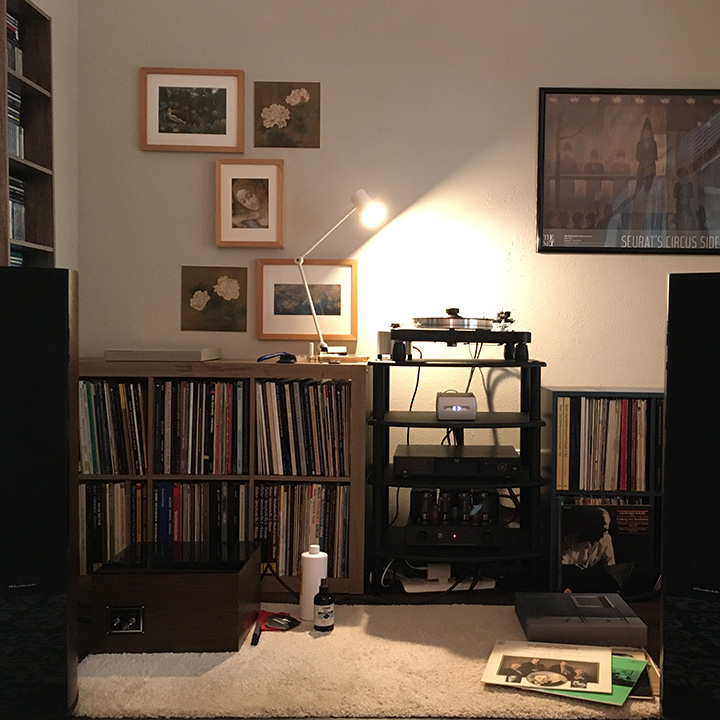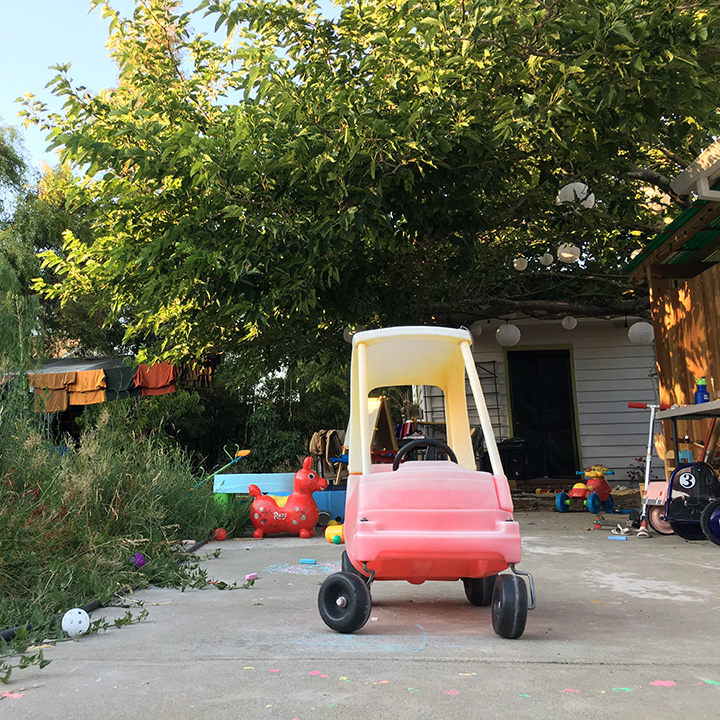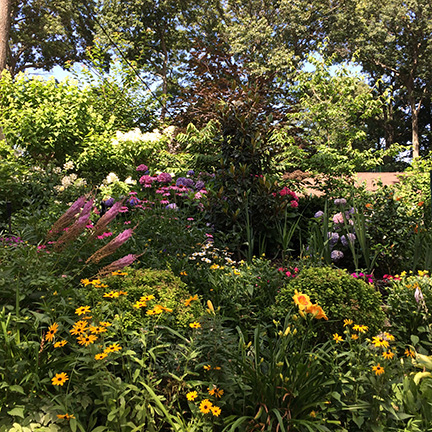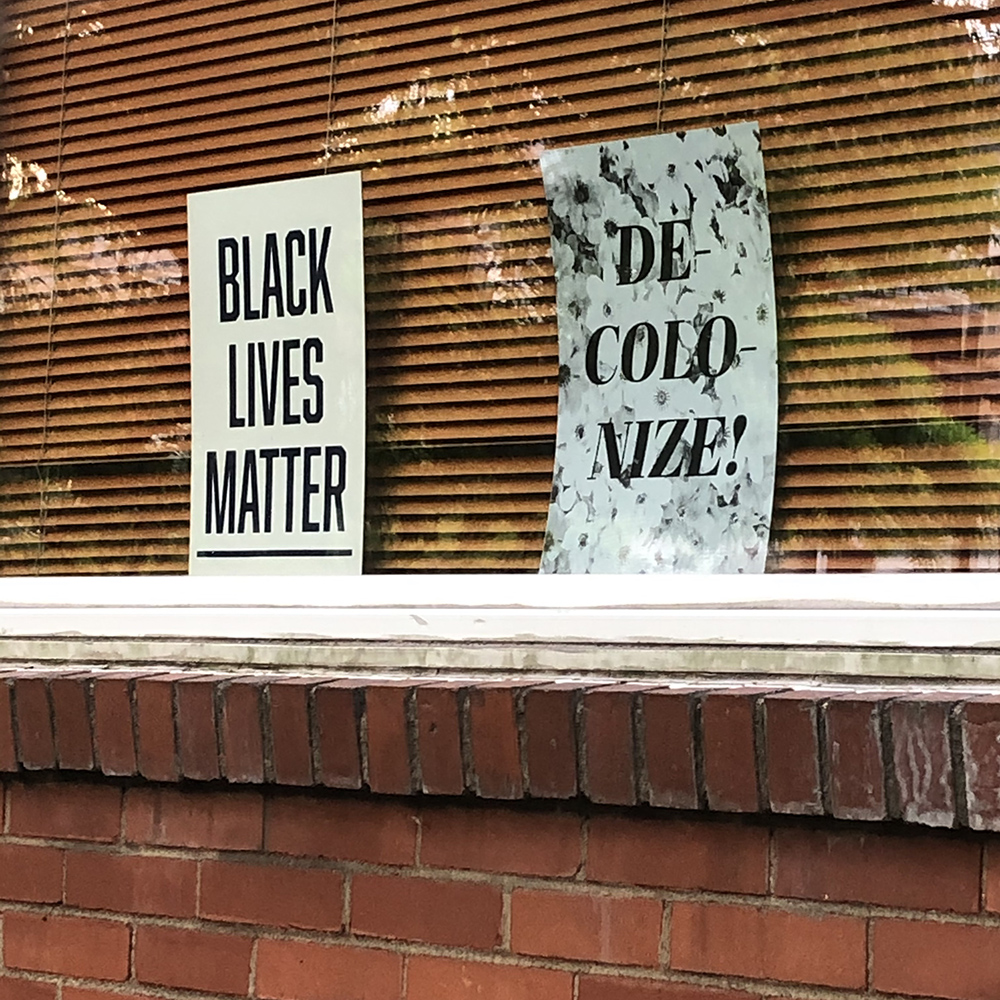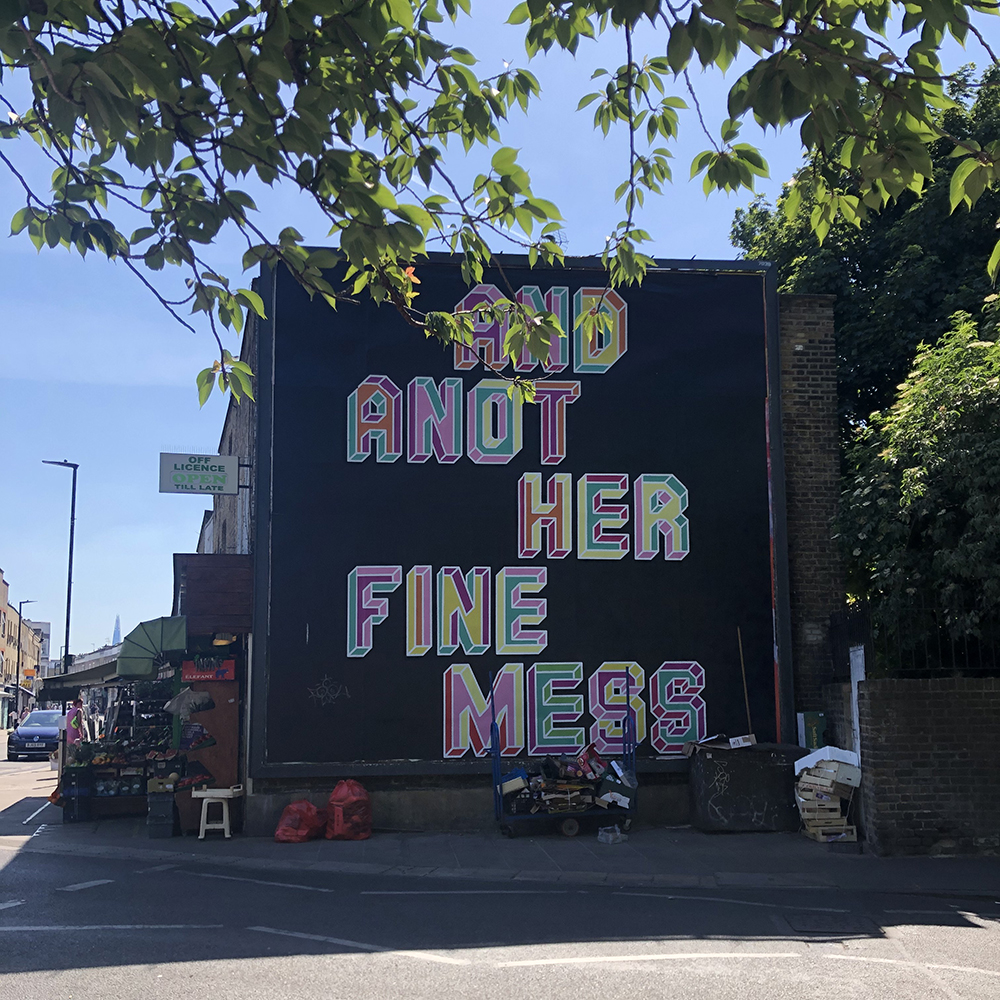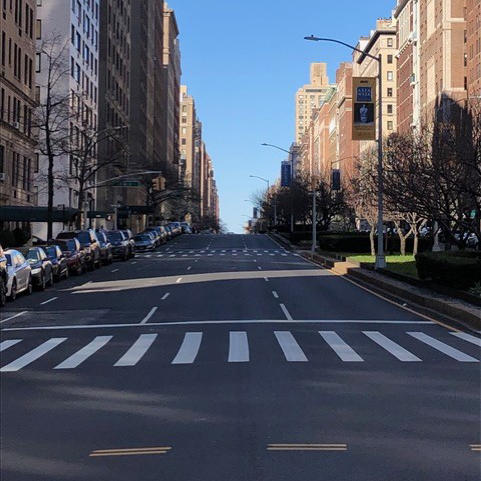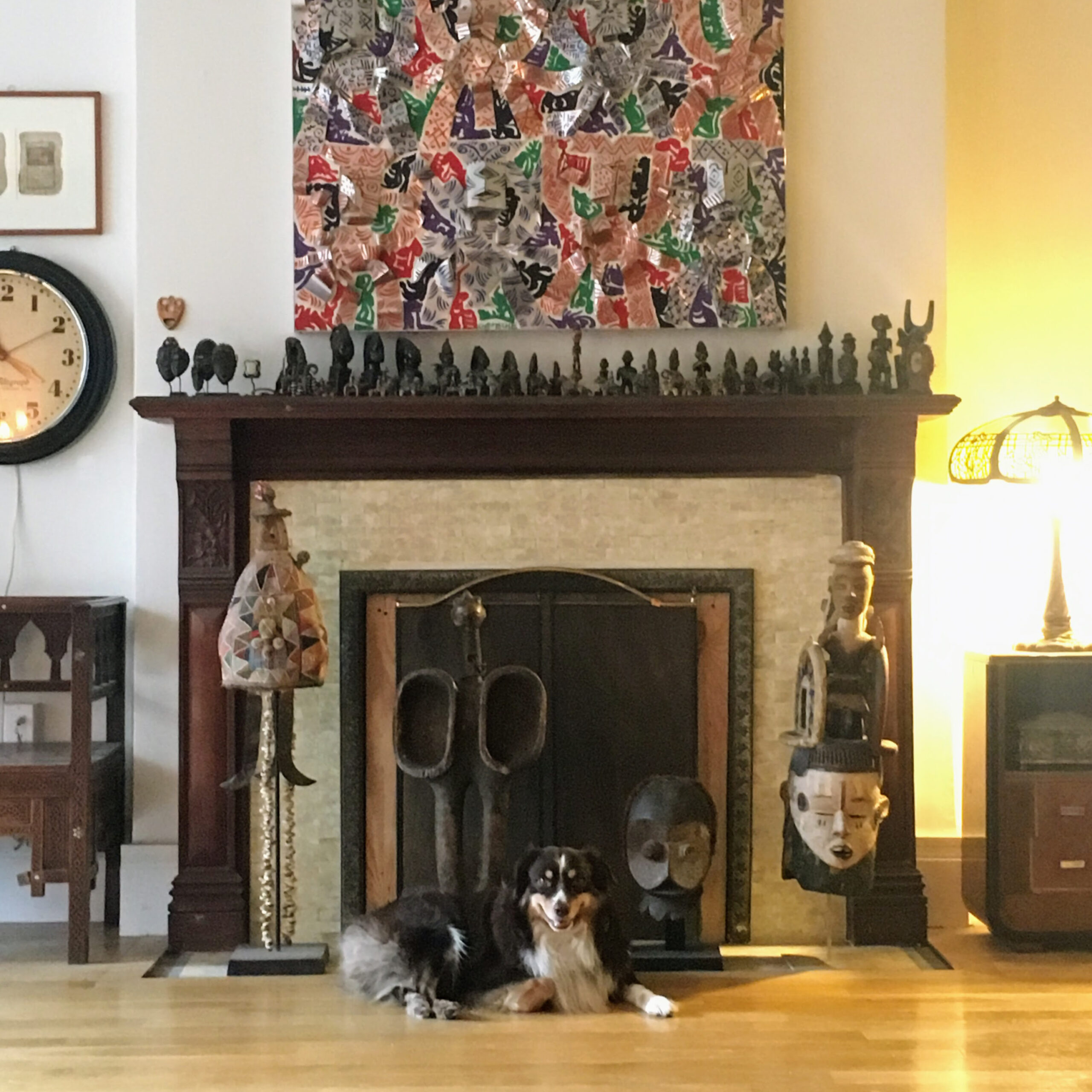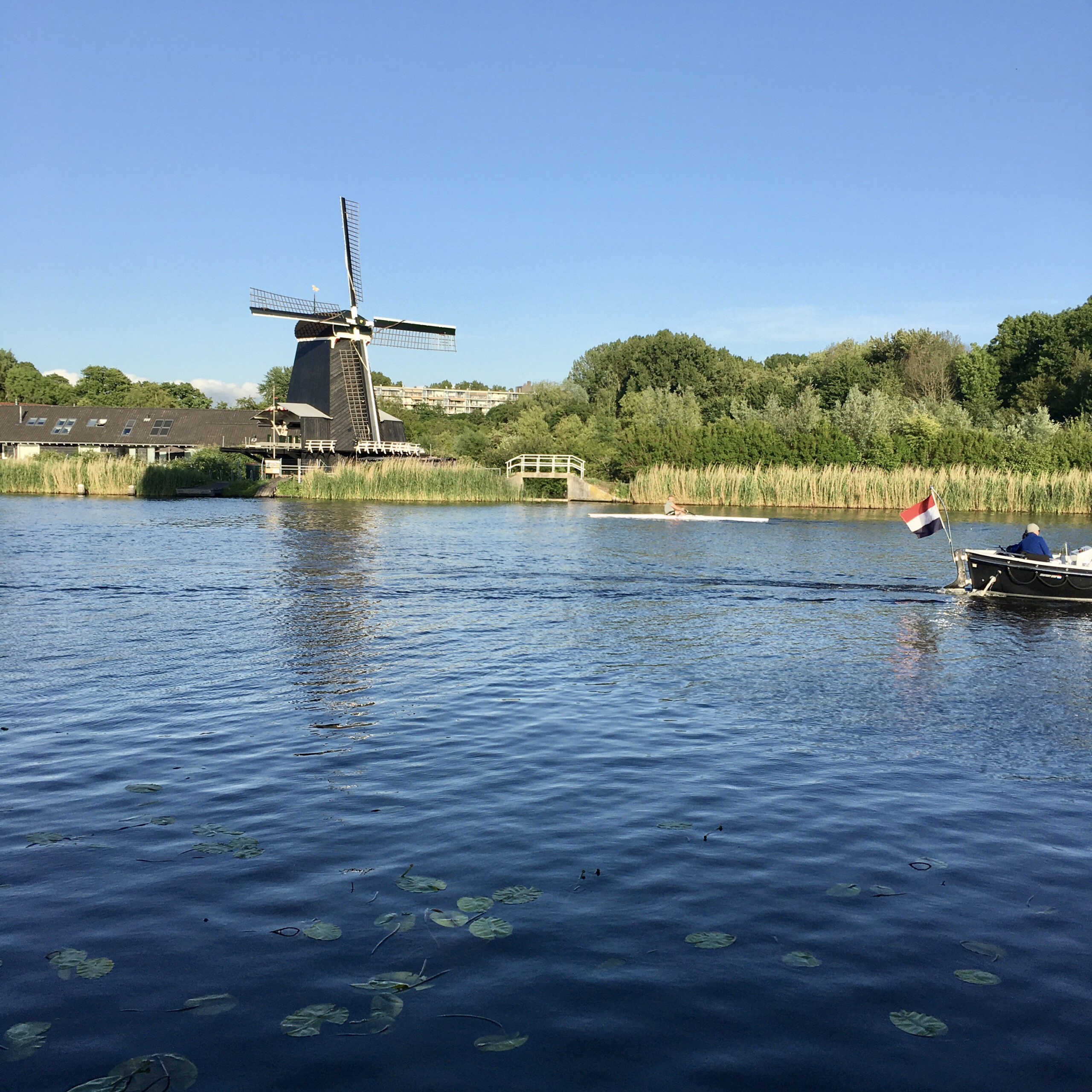The Chelsea Hotel
by Amanda Chemeche
Right now, I am sitting in my bedroom on the fourth floor of the Chelsea Hotel. My room has an en suite bathroom and is located next to the front door, which makes it easy for me to walk the dog and fetch groceries without disturbing my father. The bathroom is made of glass. It sits in the divide between the bedroom and the rest of the apartment. Father built it this way so that, when lit up, it illuminated the whole flat through the rippled glass bricks that make up its walls—never mind that anyone using the bathroom can be seen by everyone in the apartment. It’s a bohemian home, after all.
The other half of the apartment consists of a living room, TV room, kitchen, and a second bathroom. There is a Murphy bed hidden behind a Persian carpet next to the fireplace, and on every wall is hung a painting. Each one represents a different period of my father’s sixty-year career as a painter: the Al Hambra period, the Fields, the Warriors, and so on. On shelves in between them are ibeji, West African effigies of children. Rendered as adults they have large erections and protruding breasts. There are over two hundred of them.
This is where my father is living, separate from me. He is eighty-seven. Because he is vulnerable to the virus, we live apart. I don’t dare risk contaminating him, since I am the one who goes outside. He is also nearly deaf. Calling to him or trying to speak to him from across an expanse of space is difficult. We largely communicate through email.
From my bed, which has become my desk, my couch, my hell, my central place of existence, I listen to the sounds of the building. Gone is the clip-clop of our one remaining drag queen strutting down the hall in her full getup. I don’t hear Gerald singing his latest composition, or the weekly fights between the two old showgirls down the hall. I hear nothing but the occasional creak of a door or the guilty shuffle of feet as someone leaves his or her seclusion to run an errand.
The Hotel has been closed since 2011. Only fifty families remain, occupying a fraction of the three hundred rooms. I am used to the empty halls, the bolted doors of unoccupied flats, the sheets of plastic draped to protect us from dust. They float like specters when there is a draft. It’s a ghost town, really, the shade of a once riotous community. But with the onset of the pandemic, the closure of the city, and the mass quarantine—now that we live in a ghost city—there is a heaviness in the air that wasn’t there before.
Commonplace sounds take on new meanings. I hear the squeak of wheels as the janitor rolls his bucket of water down the halls. I hear the beeps and blips of his walkie-talkie. These sounds evoke images of policemen and dispatchers, of gurney wheels pushed by EMTs. I worry about the health and safety of the older residents. Many live alone. I fear they will depart, pass through the halls of the Hotel like ghosts, and never return.
Published on May 25, 2020

